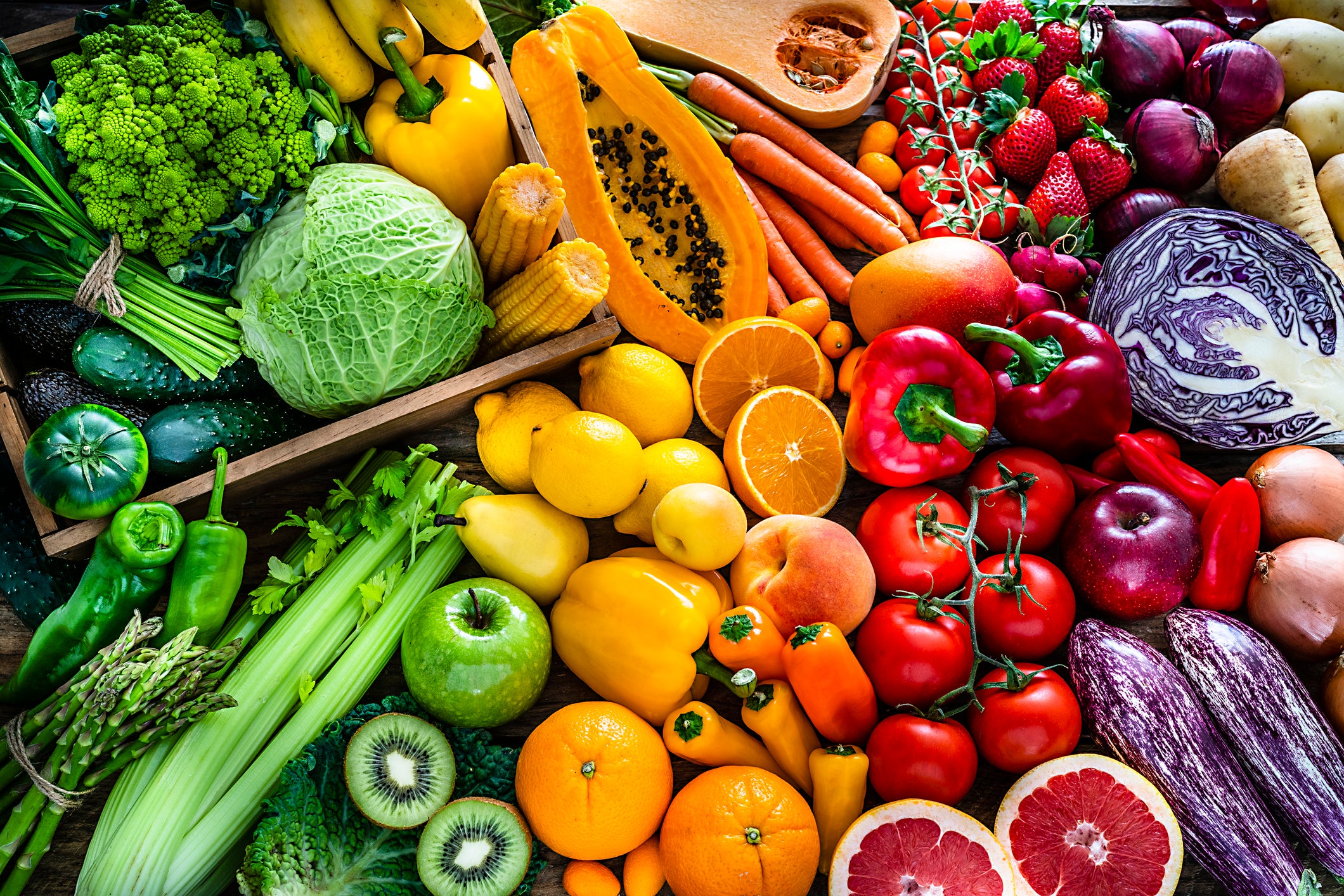Stopping fuel emissions alone won’t meet climate targets – we need to change our diets, too
While the role of fossil fuel emissions on climate change has long been widely known, there is now an increasing awareness of the impact that the overconsumption of meat and dairy has on our planet


After decades of inaction, the private sector is beginning to shift towards a greener future. Ford recently pledged its passenger fleet will be fully electric by the end of the decade. General Motors has announced it will stop manufacturing gas and diesel cars by 2035, while more than 400 companies from heavy emitting industries have joined forces in order to move towards accelerating the low-carbon transition.
Governments, too, are finally starting to take the climate crisis more seriously. In the United States, the Biden administration has rejoined the Paris Climate agreement and unveiled an ambitious plan to tackle climate change. South Korea and Japan have both pledged to achieve carbon neutrality by 2050, with China pledging to follow suit by 2060.
The United Kingdom, New Zealand and European Union have all put the 2050 target into law, with New Zealand going a step further by committing to a carbon neutral public sector by 2025. But while these significant steps forward should be applauded, these actions alone will be insufficient in tackling all of the root causes of the climate crisis. Boris Johnson may have recently outlined his 10 point plan for a green industrial revolution, but the strategy makes no mention of dietary change.
If governments really want to make an impact, they must go broader. While the role of fossil fuel emissions on climate change has long been widely known, there is now an increasing awareness of the impact that the overconsumption of meat and dairy has on our planet.
A 2019 Science journal study revealed that 83 per cent of the world’s cultivable land is used to feed livestock. According to the UN’s Food and Agriculture Organisation, meat consumption accounts for around 14.5 per cent of global greenhouse gas emissions, and there is now broad consensus among scientists that stopping fuel emissions alone will not be enough to meet the climate targets outlined in the Paris agreement.
The biggest dairy companies in the world have the same combined greenhouse gas emissions as the UK. Therefore, some degree of diet change will be necessary in order to keep global warming below 2 degrees Celsius.
The good news is that the global plant-based industry is booming, with the sector expected to be worth a staggering $74.2 billion by 2027. Consumers are increasingly seeking out choices that are healthier, more nutritious, and better for our planet. Even the meat industry is beginning to get on the plant-based bandwagon, with several well known meat companies developing plant-based versions of their products.
Yet although the rapid growth of the plant-based industry is certainly something to celebrate, it is not enough to curb the impact of meat consumption on our environment. With demand for protein on track to grow 70 per cent by 2050, a shift away from animal meat is the only way to feed a growing population in a sustainable way.
Therefore, governments must work in tandem with the private sector to further accelerate the protein transition – which involves creating policy that corresponds to the urgency of the problem. In the same way that the UK government has already set a target that new cars powered wholly by petrol and diesel will not be sold in the UK from 2030, a brave solution would be for it to adopt a target for cutting meat consumption by the same date.
Such targets would not only lead to a reduction in food waste and increased farming efficiency, but would also send a powerful signal about the need to create a more sustainable future for the next generation.
Neither should the vegan movement be immune to change: the consumption of soy can have a damaging impact on the environment, too. According to the WWF, without proper safeguards, the soybean industry “is causing widespread deforestation and displacement of small farmers and indigenous peoples around the globe”. This, coupled with the transportation needed to get soy from the ground to our plates, creates a huge issue. Similar targets for ethical soybean harvesting should also be set.
The only way that we will succeed in curbing climate change is if urgent action is taken to address all of its causes. The stakes couldn’t be higher – but success remains within reach.
Marc Coloma is co-founder and CEO of Heura Foods
Join our commenting forum
Join thought-provoking conversations, follow other Independent readers and see their replies
Comments


Bookmark popover
Removed from bookmarks